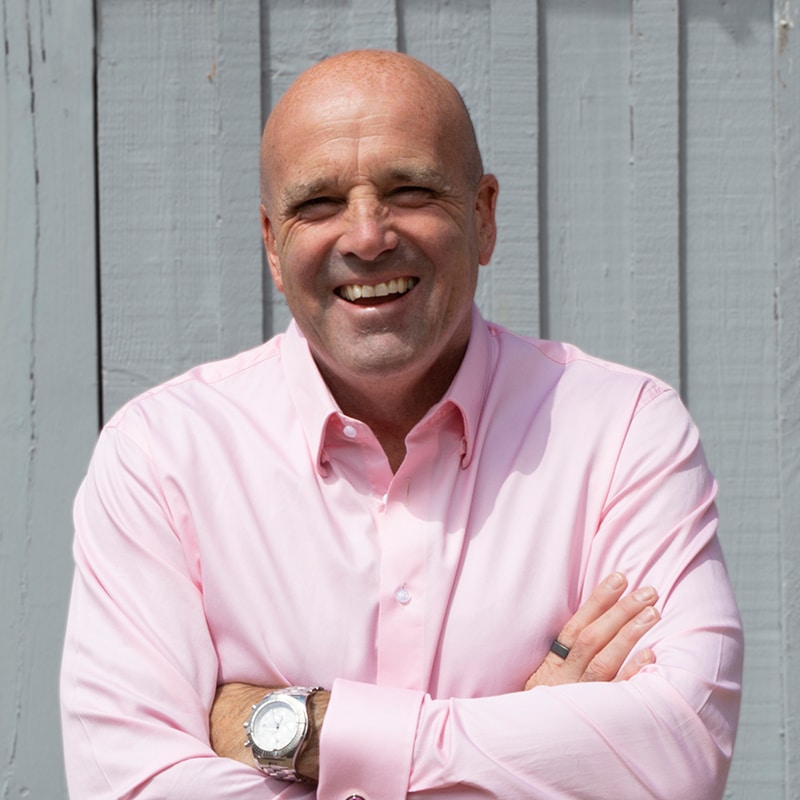2020 Summit Special: Be More Pirate with Alex Barker
Here’s a podcast treat to be enjoyed by the fire this festive season, our second look back at the glorious sunny summit we hosted in September. Our bouns episodes bring you the excellent live speeches in reverse running order, so today you have Alex Barker.
Alex’s invigorating talk is on the “Be More Pirate” movement that she is now spearheading following the almost unexpected excellence of Sam Conniff’s original book Be More Pirate. As Alex discusses, a book that inspired ordinary team members from various companies and organisations to implement improved cultures for change. Sam and Alex have since co-written an equally excellent follow-up, How To Be More Pirate, so if you too can see your company benefiting from innovative, value-based change, give it a read.
In this episode:
- The secret history of pirates -not as trouble makers but innovators
- How historic pirate ideas are galvanising movements for social change
- How team members in different companies are raising their flag for positive changes
- “Profesional Rule Breaking” empowering your team to improve
- Pirate codes; what are you really standing up for, and how you should grow in accordance with your values.
Right-hand pirate
When Alex Barker decided to join Sam Conniff on his “Be More Pirate” journey, she began researching historical pirates and life in the Navy in the 1600s. Putting the ideas that she discovered in context changed the way she framed pirates: “People became pirates not because they were more bloodthirsty or because they were greedier, people became pirates because they wanted to be less miserable”.
The secret history of pirates
Like many readers of the original book, she was inspired by the secret history of ordinary people’s innovation. She points out that pirates were often “ahead of the curb” in terms of team culture and social values in comparison to their law-abiding counterparts. “On a pirate ship is where you saw the first form of social insurance” and that their own norms and rules were actually organised, they simply were not the norms of the time. An unknown example is that pirates had same-sex marriages with practice “so sophisticated that it even had an inheritance clause – so that if I died my partner would get my share of whatever booty we were allocated”.
Pirate Code
Also inspired, teams from companies worldwide have been writing to Sam and Alex about their decisions to undertake their own Pirate Code. They are using a set of principles to define what they stand for. Allowing them to not only look at where their company is going but to evaluate the motivations. A reader told Alex ” I knew when I read it, I don’t need another strategy or 10-year business plan – I need a pirate code.”
Profesional Rule Breaking
Companies and organisations may also decide to hold a “facilitated mutiny”- this is to capture the team’s energy and insight to find fast fixes for unnecessary issues. Alex feels that business can change their culture by permitting people to improve; by “redistributing power”so that someone knows the details of the problem but might have otherwise been afraid to speak up.
Alex gives an example of a marine biologist who was bold enough to ask if the 5000 attendees to The International Coral Reef conference should be flying in for it—pointing out that the act of flying for a conference so centred on global warming “doesn’t sit with our values”. Here, by creating a culture that allowed conversation and being bold enough to “fly a flag” for the idea, they inspired a change and a whole new approach to audience outreach that would not have been discussed otherwise.
Being more pirate is about being bold enough to change a norm, giving voice to the people that might have the solutions to a problem and improving culture. “We all know that we now sit in a moment where there is more possibility than there ever was to make changes – there’s never been a better time to be more pirate”. To consider not just your approach to scaling-up your business, but the values that you want to grow.
